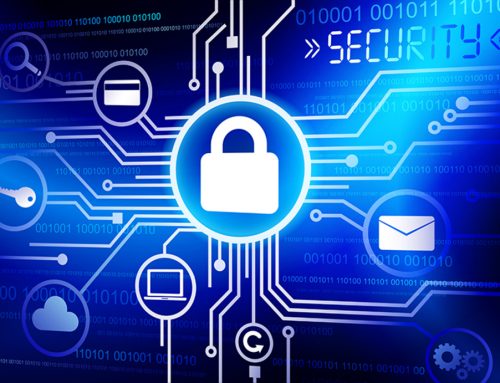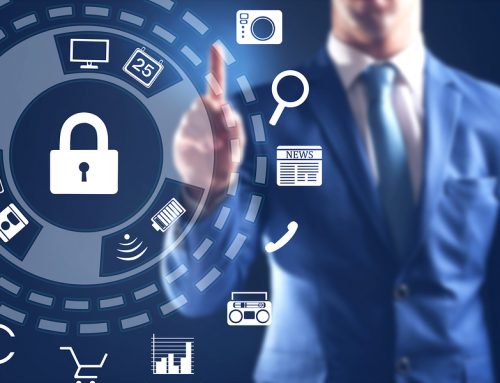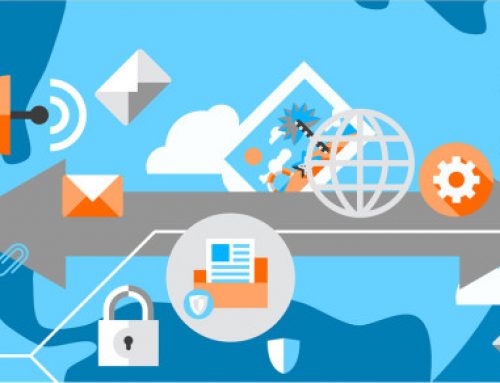Introduction to foreign travel security
Before a recent trip to China, I did some research regarding foreign travel vulnerabilities and wish to share this information with you. I have multiple businesses in the Unites States and was contemplating whether or not to bring my laptop with me on my trip. Although the operating system in my MacBook pro has built in hard disc encryption (you have to enable), and I have backups, I decided not to bring the laptop on my trip. My main reasoning for this was that ultimately, I was on vacation, and secondly, the few clients that I did need to keep in touch with would be easily handled via my trusty iPhone without the need to carry a laptop around.
Although to my knowledge, I don’t know if I was being targeted, I did notice a multitude of public cameras everywhere I went from street corners to subway cars, to buses. Whether you are targeted or not, it’s good to be aware, and know how to protect your electronic computer equipment while you travel.
In my case, the iPhone allowed me to check email securely via a VPN (Virtual Private Network) and communicate to my family and friends back home via Apple’s iMessage. My iPhone was on “airplane mode” the entire time I was out of the United States, and when I connected to Wi-Fi, I used a VPN. This worked for me for this trip; however, if there is a need to bring your laptop (myself included) on future trips overseas, there are additional steps to be taken to ensure the safety and integrity of your equipment
Security vulnerabilities while traveling abroad
You can be the target of foreign intelligence, security services, or hackers at any time and in any place especially while traveling abroad. When traveling abroad your risk increases for foreign intelligence targeting because you are on their turf and accessing their networks and infrastructure.
Overseas travelers and the information and equipment in their possession are most vulnerable during transit whether being targeted at a hotel, security check, surveillance, or through social engineering.
Collection Techniques include:
- Unauthorized access and downloading of information from your devices.
- Bugged Hotel rooms, airline cabins, train cabins, and busses.
- Intercepts of fax transmissions through over the air intercept methods.
- Intercepts of email transmissions at hotels and Wi-Fi networks.
- Outright theft of software and hardware.
- Installation of malicious software on your devices.
- Intrusions and searches of luggage and hotel rooms
Be Aware
Many hotel rooms overseas are bugged and in countries with active intelligence services, everything travelers do whether inside or outside the hotel room may be monitored and recorded. A popular tactic for intelligence services and industrial spies is to attend trade conferences where the open business environments are favorable to asking probing questions to unsuspecting conference attendants. A popular tactic of hackers is to hang out at popular cafe’s using their Wi-Fi hotspots to look for vulnerable systems with their sophisticated spy programs.
Whether you are a tourist or business person and have sensitive information or not, it’s important to always be aware of your surroundings and take steps to keep your electronic equipment safe.
Knowledge is power and you are at the front lines. Stay vigilant and be smart.
Basic Security Countermeasures:
- Maintain control of your devices at all times.
- Keep unwanted sensitive material until it can be disposed of securely.
- Do not publicize your travel plans.
- Limit sharing of your activities to people who need to know. (i.e. Limit Facebook until your return)
- Do not pack your electronic devices in checked baggage.
- You should carry them with you at all times and do not leave them unattended in hotel rooms or hotel safes.
- Keep hotel room doors locked. Note how the room looks when you leave.
- Do not use computer or fax equipment at foreign hotels or business centers for sensitive matters.
- Limit sensitive discussions. Public areas are not a good place to discuss sensitive information.
- Ignore or deflect (blow off) suspicious inquiries and/or conversations about professional or personal matters.
- Use a VPN (virtual private network) when connecting to Wi-Fi while overseas.
- If you need to bring a laptop, bring a temporary or travel laptop that can be wiped when you return.
- Keep your passports with you at all times and make keep separate hard copies of your passports and travel itineraries as a failsafe option.
- Limit your time on public Wi-Fi wherever you go.
Computer and Electronic device Security
In a world where reliance on computer technology continues to grow, foreign entities, security organizations, and hackers are increasing their targeting of electronic computer devices. These devices include but are not limited to laptops, computers, smartphones, tablets, media players, and e-readers. If you are the victim of theft, attempted access, or unauthorized access you should report the incident upon your return to the proper authorities.
Things you can do to protect your electronic devices and data:
- Leave unnecessary devices at home
- Use designated “travel laptops” when applicable
- Use temporary email addresses when applicable not associated with your company
- Perform comprehensive anti-virus scan on your devices before you leave the country and upon your return.
- Encrypt Data, hard drives, and temporary or portable storage devices where possible
- Use complex passwords (Must contain: Uppercase, lowercase, number, special character)
- Encrypt important digital documents.
Conclusion
In the globally, connected world that we live in, it’s a fact that many countries have sophisticated eavesdropping technology and are capable of collecting information that is electronically transmitted over airwaves and monitoring our activities in public and in private while overseas. Numerous security services and hackers target and intercept voice, fax, cellular, data, and video signals of unsuspecting tourists and businessmen that travel overseas. Knowing is half the battle and you can make a difference.
Bring only the equipment you need, protect the equipment you bring, and keep it with you at all times. Be vigilant and aware and assume you are being monitored while traveling overseas. Protect your equipment and the information on it. You are the first line of defense.






